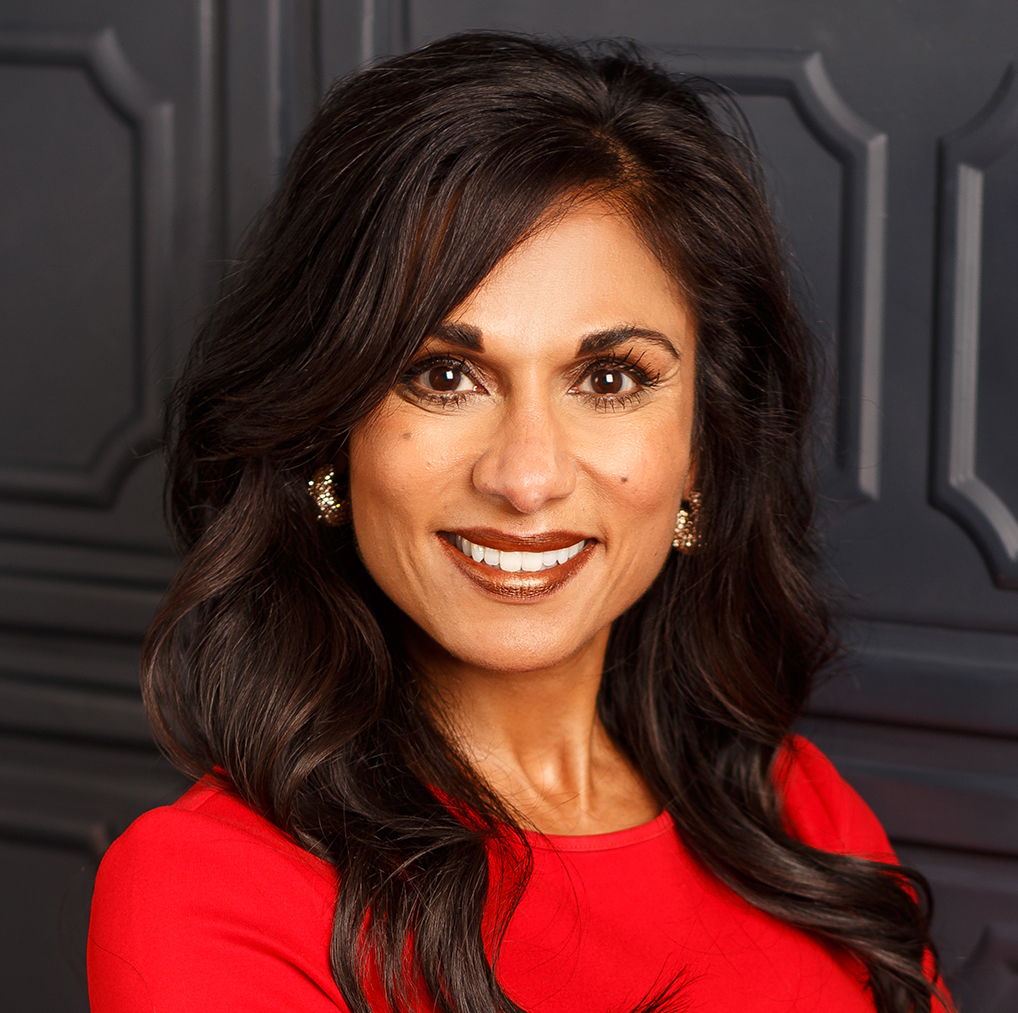
Bhavna Sharma-Lewis, now well into her third Chicago-area superintendency, has hosted a workshop called “What Happens When the School Board Falls Out of Love With You.” The content was born from the experience of clashing with the school board president during one of her previous stints as a district leader.
In an unusual circumstance, the board overturned an election that occurred after she was hired and before her first day on the job. This meant she went to work for a board that hadn’t hired her and the animosity was apparent immediately, she says. For one thing, the board president reached out more often to her male assistant superintendent. She left that position after two years, realizing “whatever I said or did was not going to be good enough.”
Still, Sharma-Lewis stuck to her vision and mission of creating positive climates and treating people with dignity. “You have to be aligned with your board, otherwise you’re never going to be successful,” says Sharma-Lewis, who has been superintendent of Diamond Lake School District 76 since 2015.
That alignment is key to a superintendent’s ability to expand their influence and assert themselves politically, says Dan Domenech, executive director of AASA, The School Superintendents Association. Domenech recommends that educators who are applying for a superintendent’s job develop a thorough understanding of the school board’s goals and beliefs. “If you believe in one thing and you’re hired by a board that believes something else, that’s not the job you want,” Domenech says. “You’re stepping into a position that’s going to be a short-term arrangement.”
He also suggests that superintendents try to navigate school board politics carefully, particularly during a period that’s now among the most divisive in the history of K-12 education. “If you’re hired by a board that wants every book in the library inspected and anything that’s considered critical race theory banned, the superintendent is going to have to do that job–or find work somewhere else,” Domenech says.
Superintendents Summit
The District Administration Superintendents Summit offers cutting-edge professional development to school district superintendents and other senior education executives to inspire innovation and leadership excellence in K-12 education. Upcoming events in this series:
Jul 20 – Jul 22: Grand Geneva Resort & Spa, Lake Geneva, WI
Nov 9 – Nov 11: Omni La Costa Resort & Spa, Carlsbad, CA
Dec 14 – Dec 16: Ponte Vedra Inn & Club, Ponte Vedra, FL
Operating transparently, particularly by sharing a district’s data and its needs, “helps foster partnerships that can lead to advocacy and action,” says Terri Bresnahan, superintendent of Community Consolidated School District 59, which is located near Chicago’s O’Hare Airport. It’s essential to develop relationships with local officials and political leaders across the state. “School districts are heavily impacted by policy changes and community opinion,” says Bresnahan, who is also president of the Suburban Superintendents Association. “Building those relationships by being present and vocal builds awareness and support for our schools.”
Leaders can expand their influence by staying connected with local agencies, committees, the chamber of commerce and legislative forums, and by getting involved in national-level lobbying, adds Paul Gausman, who is taking over as superintendent of Lincoln Public Schools in Nebraska after leading Sioux City Community Schools in Iowa for 14 years. “Aaron Sorkin is known to have written a script where one of his characters said, ‘Decisions are made by those who show up,'” Gausman says. “We must invest time with these seemingly outside entities to make a difference inside our organizations.”
Sharma-Lewis says it’s particularly important for female educators to “celebrate and elevate each other” and not get caught up in professional competitiveness. “We have to make sure there’s room at the table for everybody because there are enough jobs out there for all of us,” Sharma-Lewis says. “We should be empowered, not threatened, by each other.”
More from DA: Educators are the most burned-out professionals in the U.S., Gallup poll finds









